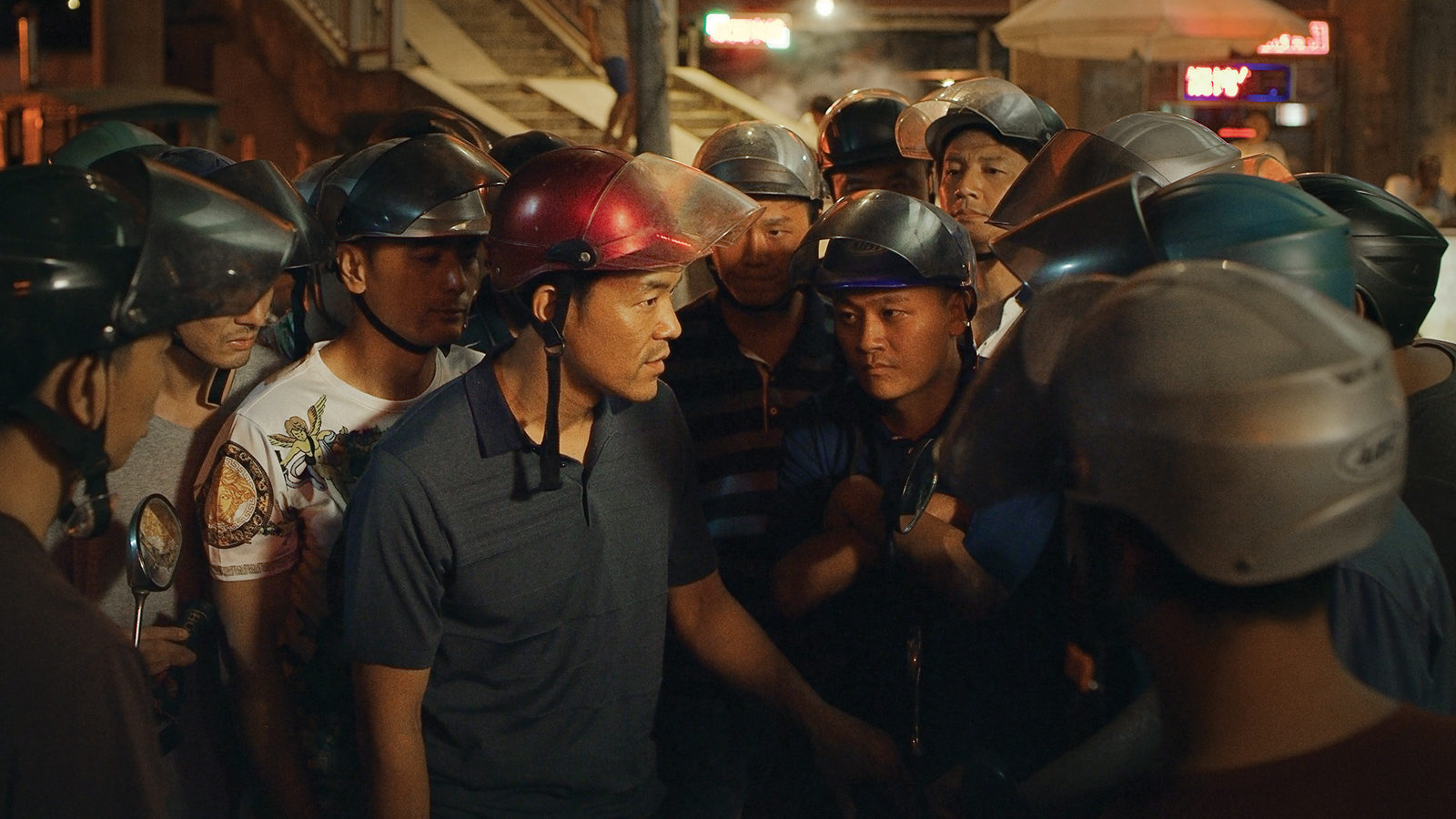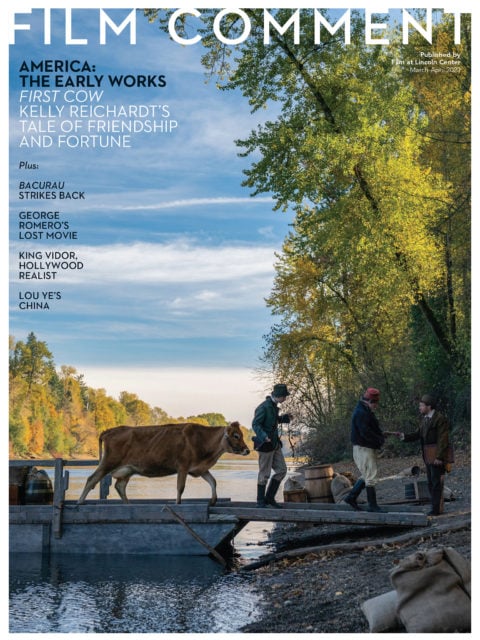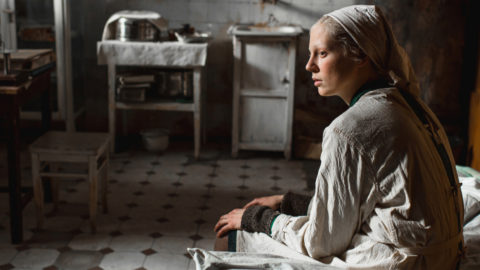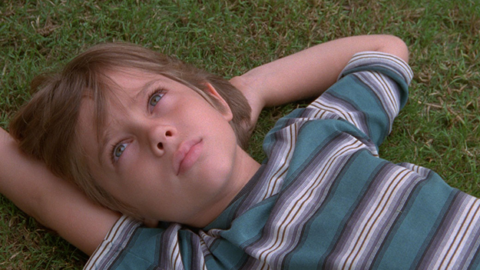By Yonca Talu in the March-April 2020 Issue

Short Take: The Wild Goose Lake
(Diao Yinan, China/France, Film Movement, Opening: March 6)
Set in the bustling metropolis of Wuhan—the currently quarantined epicenter of the coronavirus outbreak—Diao Yinan’s The Wild Goose Lake probes the cracks and fissures of contemporary Chinese society through the noir-tinged story of a fugitive gangster and the prostitute who accompanies him on his journey toward self-sacrifice and redemption.

From the March-April 2020 Issue
Also in this issue
Punctuated by flashbacks of the events leading up to the protagonists’ nocturnal encounter outside a dingy train station, the film depicts the inner workings of the criminal underworld and highlights its ruthless violence with such gory images as a decapitation and an umbrella stabbing through a chest. Contrasting with the bloodshed is the melancholic fragility of the female character, who oscillates between compliance and quiet defiance against her oppressive fate.
But while the heroine may elicit our sympathy, The Wild Goose Lake’s atmosphere of ambiguity and doubt ensures that we perceive danger everywhere and trust no one. This sense of anxiety crystallizes during a law enforcement raid on a zoo: the film cuts between near-subliminal shots of the eyes of caged animals and those of the police captain and his hidden outlaw adversary. Forging a connection between hunter and prey, this sequence is imbued with an oneiric quality, but its buildup is too abrupt for us to invest in it emotionally. By emphasizing symbolism and abstraction over narrative and characterization, the film comes across as a rather shallow exercise in style whose political subtext fails to materialize.






